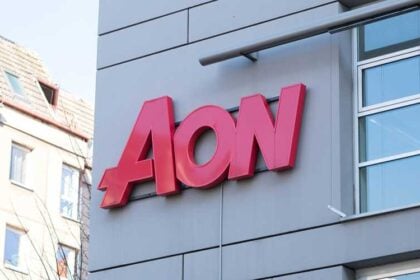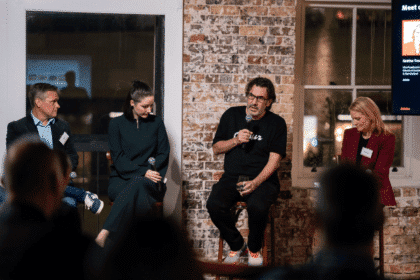Qantas has started the year with a blow after it dropped 22 spots to 41 in Brand Finance’s ‘Australia 100 2024’ report.
The National Carrier’s reputation drop comes after a slew of controversies rocked the airline in 2023, including an ACCC investigation that Qantas was selling tickets on cancelled flights and a high court ruling that it had illegally sacked nearly 1,700 ground workers during the pandemic. This, alongside pandemic-related hindrances and a bumpy return to the skies in 2022, contributed to Qantas’ drop in the brand strength category from first in 2019, gradually down to 19th in 2023 and onto its current spot.
Weighing in on the carrier’s reputational plunge is Dee Madigan, a frequent panellist on the ABC’s The Gruen Planet and founding partner of the advertising agency Campaign Edge, who argued that it will take a few years before Qantas can earn its way back into Aussie travellers’ good graces.
“A really important lesson for companies [to take] out of this is that when you’re continually putting… executive bonuses and profits before anything else… the short-term gains made actually hurt them financially in the long term because of the brand damage,” said Madigan.

Qantas reported a $1.74b post-tax profit in FY23, drawing fierce criticism across the aviation industry as high airfares and the cost of living crunch hindered Aussie travellers. Closely after the report, and after the revelation of the ACCC’s investigation, Qantas’ former CEO, Alan Joyce, abruptly resigned, handing over the reins to the CFO Vanessa Hudson.
This, Madigan argues, is the point when Qantas should have made efforts to distance itself from the controversies surrounding Joyce’s leadership, including the high court case and two senate inquiries about the cost of living and bilateral air rights.
“I don’t think people got the sense that there was a line drawn in the sand and that’s unfortunate. I think it was an opportunity for Vanessa to do that. But she didn’t.”
Madigan also argued against Hudson’s appointment at all, saying problems with internal branding tend to spread and impact culture and people.
“It’s never just one bad apple. You can’t blame everything on Alan Joyce, which is why if you’ve got a massively damaged brand, which they do, hiring internally was probably not a great idea.”
So how can Qantas reclaim its number one spot? Madigan believes that Qantas needs to re-evaluate its priorities. By dropping the emphasis on profits a bit and ensuring that the customer experience is “really, really good,” Qantas can find its way back in the favour of the public, Madigan argues.
Profits might be affected in the short term, but what it will do is build the brand value up so their long term value is more.
In response to the carrier’s drop in Brand Finance’s list, a Qantas spokesperson said the carrier is currently undertaking an array of initiatives to enhance its services such as upgrades to its app, investments in aircraft cabins, adding more contact centres, new routes and more.
Despite Qantas’ massive drop in brand strength rank, the carrier climbed one spot to become the nation’s 17th most valuable brand on the back of increased revenue and forecasts.
The performances of Qantas and its budget subsidiary Jetstar saw them move in opposite directions – with Qantas falling 22 places to become Australia’s 41st strongest brand and Jetstar climbing 20 places to 46th strongest.
This article originally appeared in Travel Weekly.








